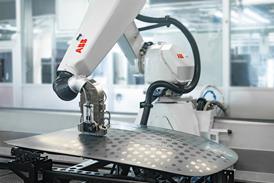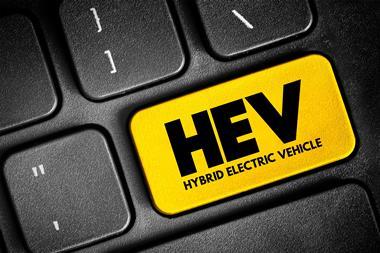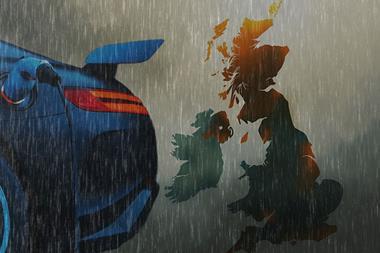 Official attendance figures have yet to be released for EMO Milan, the Italian leg of the biennial metalworking event, but the numbers are unlikely to make happy reading. On the ground the crowd appeared thin, and although visitor numbers did appear to improve as the week progressed, it was a far cry from years past when navigating the exhibition halls required both patience and persistence.
Official attendance figures have yet to be released for EMO Milan, the Italian leg of the biennial metalworking event, but the numbers are unlikely to make happy reading. On the ground the crowd appeared thin, and although visitor numbers did appear to improve as the week progressed, it was a far cry from years past when navigating the exhibition halls required both patience and persistence.
This is by no means the fault of UCIMU, the event promoter. Instead, it stands as testimony to the effect the downturn has had on the machine tool industry. While the market for finished products remains depressed, there will be little money (or incentive) to spend at shows such as EMO. In a straw poll of exhibitors, lower attendance numbers were borne out in the reduced number of potential sales contacts. ‘How’s the show going for you’ was invariably met with a shrug and grimace. It’s not a response that inspires confidence.
These are tough times for the metalworking sector, but fundamental changes elsewhere in the automotive production landscape will open new opportunities. Virtually every major manufacturer – and some not so major – is launching a hybrid vehicle. While many of these have been on display at motor shows across the world, the key difference is that these hybrids are market ready. No longer an experimental vision of the future, hybrids have become mainstream technology.
The complexity of hybrid solutions will demand different levels of change - and investment - across the production process. Depending on the application, some manufacturers will fulfil hybrid production requirements (at least in the short term) by simply adjusting existing stations. Others will add new stations to existing production lines, while the more complex solutions will require dedicated lines.
As companies plan for hybrid production, these changes present a clear opportunity for equipment suppliers.
Batteries, generators and electric motors are not light and will need dedicated machinery in chassis assembly; at the very least, new lifters, grippers and hangers will be needed to install parts and modules.
The downside of this, at least for metalworking equipment suppliers, is that the advent of full-electric vehicles will mean a shrinking market across the automotive sector. After all, remove the internal combustion engine and there’s little besides a limited number of suspension components that ultimately require machining.





































